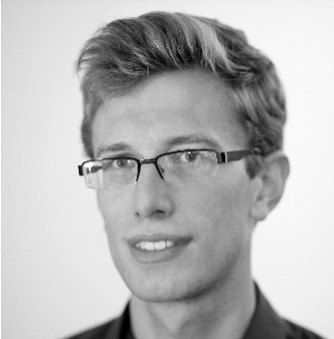Dr Maciej Kapkowski obtained a PhD in chemical sciences at the Faculty of Mathematics, Physics and Chemistry of the University of Silesia in Katowice in 2016, working on the development of nanometallic catalysts for the selective oxidation of alcohols under the supervision of prof. Jarosław Polański. His research interests include issues in the field of organic chemistry, organic synthesis and nanomaterials. His scientific achievements to date include 15 publications (H = 7) in peer-reviewed journals in the field of nano-catalysis with noble metals (Au, Pd, Re, Ru, Rh, Ir), 10 patents and 5 patent applications regarding the use of nanomaterials in organic synthesis (acetalization, dehydration and hydrogenation reactions of alcohols) and other processes i.a. CO2 methanation catalysts, NH3 cracking and new deNOx catalysts. In 2016 he was appointed an assistant at the Department of Organic Chemistry of the University of Silesia, since 2018 he has been an assistant professor in the CHEMOINFOBIO team of the University of Silesia in Katowice. In 2018-2019, the project manager of the MINIATURA2 (NCN) grant from 2021-2024, the project manager of LIDER XI (NCBiR). Dr Kapkowski was the supervisor of 2 bachelor’s theses and 4 master’s theses. He received a team award for significant achievements in the field of implementation activities of the Minister of Science and Higher Education (2021); Scholarship for Outstanding Young Scientist (2021); distinction awarded by PARP in the Polish Product of the Future competition in the category “Joint Product of the Future of Institutions of Higher Education and Science and Entrepreneurs” (2021). Participant of internships and trainings at the University of Wrocław (MOST – 2012); Charles University in Prague (ERASMUS – 2012 and Staff Mobility 2018-2019); Institute of Non-Ferrous Metals in Gliwice (2013), Lund University (Transformation.doc program of the Ministry of Science and Higher Education – 2015); Comenius University in Bratislava (ERASMUS – 2017); Autonomous University of Madrid (ERASMUS – 2018); University of Cyprus (ERASMUS – 2019).

Dr Maciej Kapkowski
Institute of Chemistry, University of Silesia